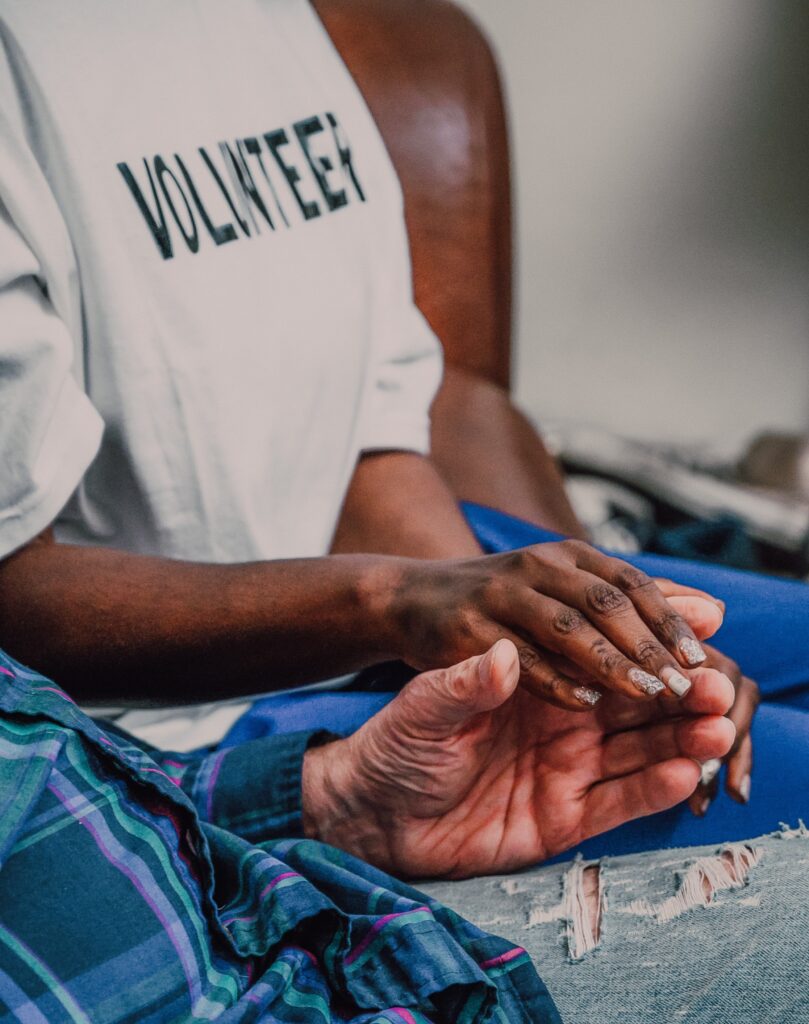In an African setting, caring for elderly loved ones with dementia presents unique challenges and opportunities. This article explores culturally sensitive strategies to provide compassionate care for individuals with dementia, fostering a deeper understanding of their needs and enhancing their quality of life. M
Understanding Dementia in an African Context
Dementia affects millions of people globally, including those in Africa. However, the stigma attached to cognitive decline often prevents open conversations about the condition. By addressing this stigma head-on, we can create an environment of empathy and support.
Preserving Cultural Connections
African cultures are rich in traditions and values that emphasize respect for elders. Integrating familiar cultural practices into the care routine can help dementia patients feel connected and valued, contributing to their emotional well-being.
Patience and Communication
Effective communication is vital when caring for someone with dementia. African societies often emphasize communal living, which can facilitate open discussions. Encourage family members and caregivers to practice patience, active listening, and non-verbal communication techniques to make the individual feel understood.
Embracing Holistic Care
In many African communities, holistic health is central to well-being. Incorporate traditional remedies and healing practices that align with medical recommendations to provide comprehensive care. This approach can promote a sense of comfort and familiarity for dementia patients.
Storytelling as Therapy
Storytelling is a cherished tradition in African cultures. Capitalize on this by sharing stories and memories that resonate with dementia patients, providing them with a sense of continuity and belonging. This technique can also stimulate cognitive functions and foster emotional connections.
Creating Supportive Environments
African homes often accommodate extended families, which can be advantageous for dementia care. Adapt living spaces to be safe and familiar, incorporating cultural elements that evoke positive memories and emotions.
Involving the Community
In many African societies, neighbors, friends, and community members play an active role in each other’s lives. Reach out to local support networks and community groups for assistance, encouragement, and shared experiences.
Empowering Caregivers
Caring for a loved one with dementia can be emotionally taxing. Promote self-care for caregivers by highlighting African relaxation techniques, mindfulness practices, and support networks that can help them manage their own well-being.
Seeking Professional Assistance
While cultural approaches are valuable, medical expertise is crucial. Encourage families to seek guidance from healthcare professionals who understand both dementia and the nuances of African culture.
Conclusion:
Caring for dementia patients in an African context requires a harmonious blend of tradition and modern care practices. By embracing cultural values, fostering open communication, and seeking professional guidance, caregivers can provide a nurturing environment that supports the well-being of their loved ones and preserves the dignity and spirit of their cultural heritage. Together, we can break down the stigma surrounding dementia and create a brighter future for both patients and caregivers in Africa.

